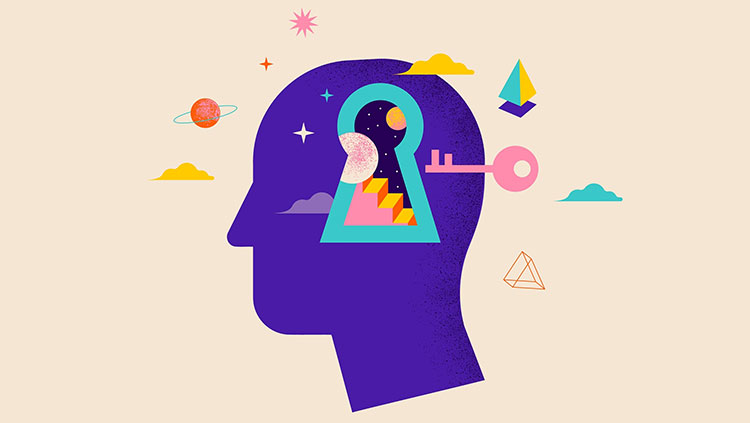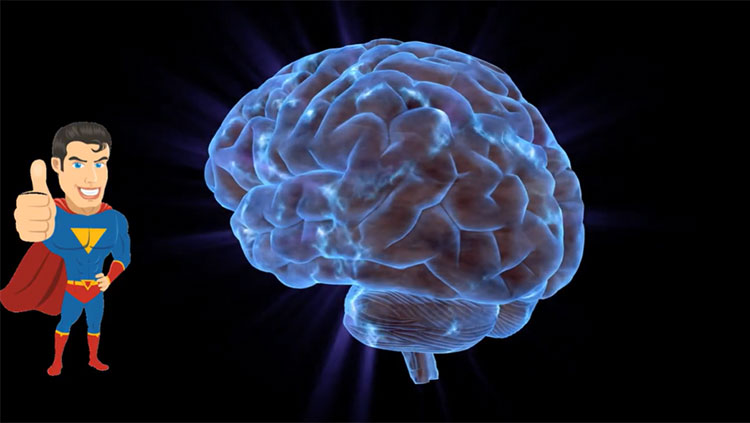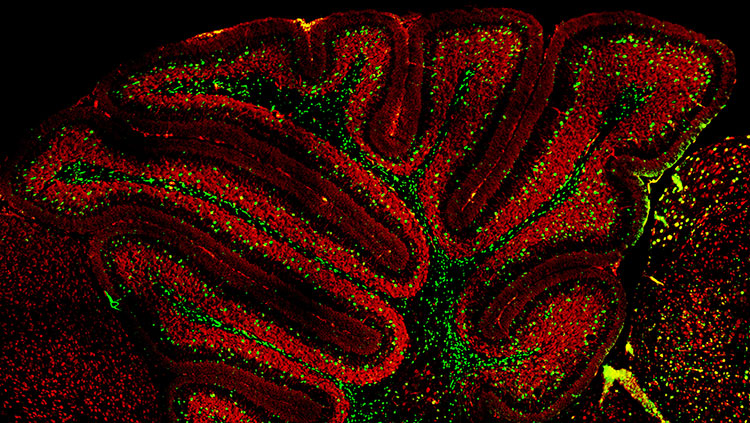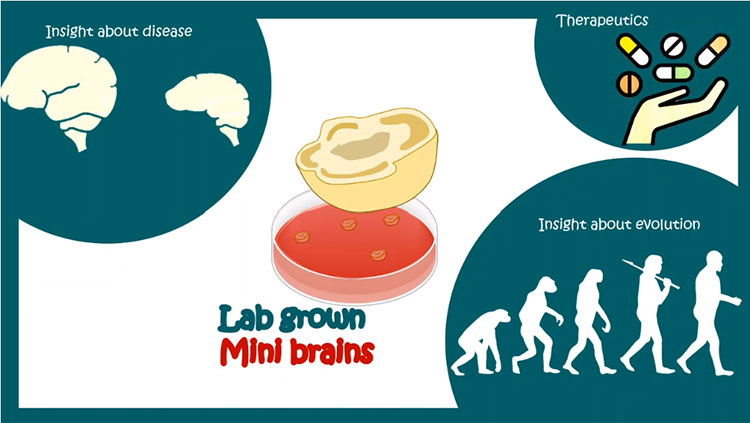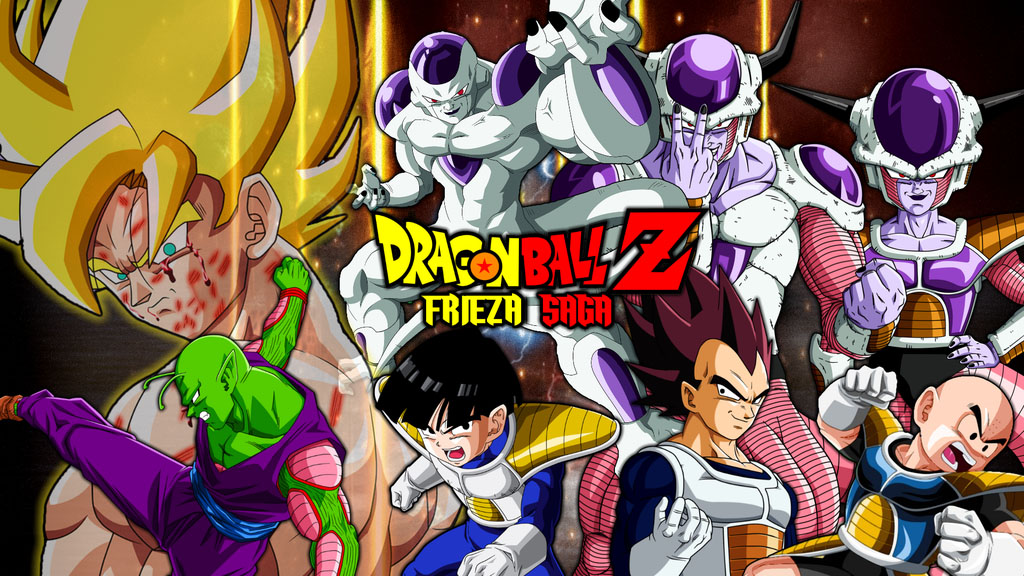
Similar to the once wildly popular anime, Dragon Ball Z, science too has its own sagas.
Webster defines ‘dogma’ as, “a belief or set of beliefs that is accepted by the members of a group without being questioned or doubted.” Science is no different than any other field in terms of having its own dogmas. Anyone who has taken a biology course is probably familiar with the central dogma of molecular biology. In 1958 it was thought that information transfer occurs in the following order:
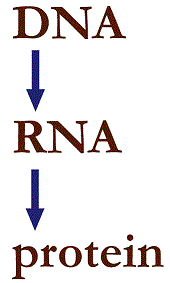
As with most ‘rules’ in biology, viruses tend to break them [and they do so in some of the coolest ways]. Like Apple’s slogan, “There’s an app for that,” there’s often a virus that breaks a biological rule you think you know (Author’s note: if biology textbooks pick up the phrase, “There’s a virus for that” you can say you saw it here first).
The discovery of RNA-based tumor viruses demonstrated that viruses with an RNA-based genome can actually insert their information into the nucleus in a fashion reverse that of the central dogma (RNA --> DNA). This discovery led to a major change in the way we think about the flow of biological information within the cell. Questioning some of the most basic assumptions about life have led to amazing, and important discoveries.
In neuroscience, a traditionally held dogma basically states that no new neurons are produced in the adult brain. This dogma is part of a constantly evolving saga in neuroscience: the neurogenesis saga. Some may have heard of the Neuromyth that whenever you drink alcohol, you lose brain cells. Aside from being dispelled as a neuroscience myth, logically this doesn’t seem to make sense. If this were true, this would mean the brains of a lot of college freshmen everywhere might rapidly shrivel to nothing during their first semester in college. Thankfully neither of these pieces of information are true. Our brains are capable of producing new neurons, a process called adult neurogenesis and alcohol – for the most part–does not kill them. There are two brain regions that are now associated with producing newborn neurons in the adult brain: the dentate gyrus of the hippocampus and the subventricular zone.
As it often happens in science, the story evolves and gets more complicated in light of new data. Ernst and colleagues published a paper in Cell that provides strong evidence that neurogenesis also takes place in the adult striatum – a structure well-known for its involvement in motor control. This begs the question, why would there be a need for newborn cells in the adult striatum? Huntington’s disease is typically associated with damage to the striatum and abnormal movements called chorea. Many more studies will need to be conducted to infer the role of striatal neurogenesis, but it is interesting to note that the authors of this paper also analyzed post-mortem brain tissue of patients who had Huntington’s disease. They found a dramatic reduction in the number of newborn cells produced in the striatum of these patients present in the disease. Why is this happening? It is unclear but the discovery could play an important role in understanding Huntington's disease and assist in treatment development.
In the hippocampus, a structure extremely well-known for its role in learning and memory, the answer for why there would be a need for newborn neurons in the adult might seem a little more straightforward. And, as it turns out, it appears that newborn neurons in the adult hippocampus are required for the formation of new memories. But, interestingly, the production of too many newborn neurons in the hippocampus may paradoxically induce forgetting. In a paper recently published in Science, Aker and colleagues suggest an explanation for the phenomenon of infantile amnesia. Don't vividly remember the first few years of your life? Based on the interesting evidence presented in the paper, the authors suggest that the production of new cells within the hippocampus actually regulates forgetting. When we are newborns, the process of neurogenesis is occurring at an alarming rate and because of this, we are not able to retain any of our first memories during early life.
I found this particular study to be fascinating because I think the kinds of scientific questions like, "Why can't I remember being two years old?" are unique to neuroscience. Moreover, the fact that we're able to answer these questions now with modern lab techniques make this such an exciting field. I'm anxious to see where the neurogenesis saga goes next.
References
1. Akers, K.G., Martinez-Canabal, A., Restivo, L., Yiu, A.P., De Cristofaro, A., Hsiang, H.L., Wheeler, A.L., Guskjolen, A., Niibori, Y., Shoji, H., et al. (2014). Hippocampal neurogenesis regulates forgetting during adulthood and infancy. Science 344, 598-602.
2. Crick, F. (1970). Central dogma of molecular biology. Nature 227, 561-563.
3. Ernst, A., Alkass, K., Bernard, S., Salehpour, M., Perl, S., Tisdale, J., Possnert, G., Druid, H., and Frisen, J. (2014). Neurogenesis in the striatum of the adult human brain. Cell 156, 1072-1083.
Also In Brain Development
Trending
Popular articles on BrainFacts.org




